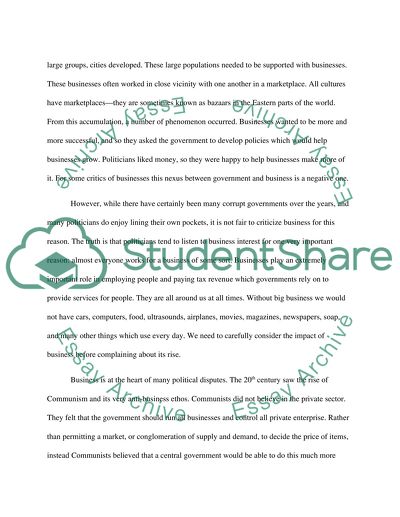Cite this document
(“What were the economic, social, and political consequences of the rise Essay”, n.d.)
Retrieved from https://studentshare.org/history/1434708-what-were-the-economic-social-and-political
Retrieved from https://studentshare.org/history/1434708-what-were-the-economic-social-and-political
(What Were the Economic, Social, and Political Consequences of the Rise Essay)
https://studentshare.org/history/1434708-what-were-the-economic-social-and-political.
https://studentshare.org/history/1434708-what-were-the-economic-social-and-political.
“What Were the Economic, Social, and Political Consequences of the Rise Essay”, n.d. https://studentshare.org/history/1434708-what-were-the-economic-social-and-political.


